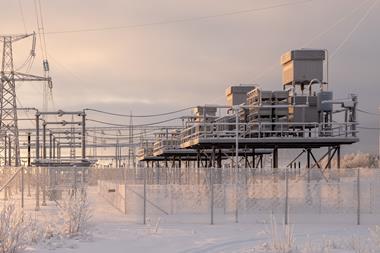Charter Hall Group has said it will continue to explore opportunities to acquire an infrastructure business, despite last week pulling out of negotiations to buy Hastings Funds Management.
During a results presentation on Wednesday, David Harrison, chief executive at the Australian real estate group, said: “The fact that we announced due diligence on Hastings suggests that we see strategic merit across real assets.”
In his first public comment since the withdrawal, Harrison pointed out that individuals reponsible for real estate investments at Australian superannuation funds were increasingly also responsible for infrastructure.
He said institutional infrastructure investment was “immature” with a history of “10 or 15 years”, whereas real estate had been a stable investment for the past 30 to 40 years.
Harrison ruled out growing an infrastructure business organically. “For us to broaden our scope into infrastructure, we need a scaled acquisition with a high pedigree of capital partners and deep market penetration,” he said.
He did not explain what prompted Charter Hall to walk away from negotiations with Westpac Bank to buy Hastings for an expected AUD250m (€167m).
Separately, Harrison told IPE Real Estate that Charter Hall will not go overseas to look for an infrastructure platform, even though finding a company like Hastings will be difficult in Australia.
In spite of its overseas exposure, 80% of Hastings business is predominantly in Australian infrastructure, he said.
Charter Hall will now focus on expanding its real estate platform. “We have plenty of growth potential in real estate and we are growing at a strong rate at the moment,” he said.
Harrison said Charter Hall had AUD3bn in “dry powder” for investment and near-zero gearing, adding that funds under management grew 13.7% to AUD19.8bn over the past financial year.
He said he will also seek to exploit opportunities with the group’s diversified real estate portfolio for what he terms “infrastructure adjacency” and such assets as social infrastructure, where infrastructure sits alongside real estate.












